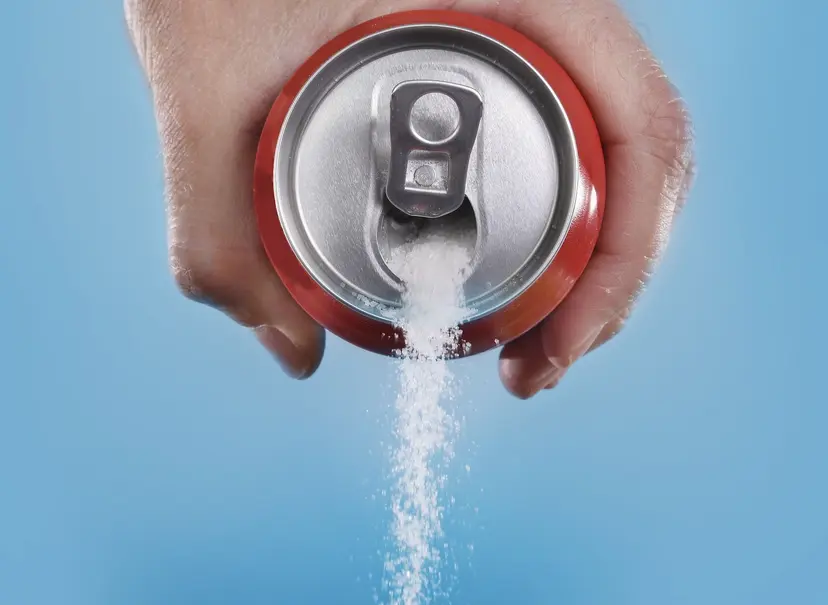Women aren’t small men. Hormones shift across the month, influencing appetite, metabolism, and fat-burning potential. New insights from reveal a smarter way to approach fasting and nutrition , by aligning with your body’s natural phases.
What Happens Across the Cycle?
Your cycle has two key phases:
-
Follicular Phase (Day 1 to Ovulation): Estrogen rises
-
Luteal Phase (Post-Ovulation to Menstruation): Progesterone rises
During the follicular phase, estrogen increases, suppressing appetite and increasing carb usage. During the luteal phase, progesterone increases, appetite rises, and your body naturally shifts to burning more fat.
Fasting Is Easier and More Effective in the First Half of the Cycle
Here’s what the data shows:
-
Estrogen lowers appetite → easier to fast
-
Body prefers to burn glucose → ideal time for carb depletion
-
Progesterone increases hunger → fasting becomes harder
-
Body shifts to fat burning → better time for low-carb eating
If you want to time extended fasts or fat-loss phases, the follicular phase is your window.
What About Menopause?
Menopause halts the hormonal rhythm. Estrogen and progesterone both drop. As a result:
-
Appetite increases
-
Fat distribution shifts to visceral stores
-
Body shifts from fat-burning to carb-burning metabolism
Menopausal women have higher carbon dioxide levels, indicating more glucose burning and less fat burning.
Women using hormone replacement therapy (HRT) mimic a premenopausal metabolic state. They show better fat-burning capability.
Why This Matters: Health Is a System
If you’re trying to lose fat, balance energy, or feel stronger, stop treating your body like it runs on static settings. Your hormones are signals. Your metabolism adapts. Your strategy should too.
What You Can Do
During the follicular phase (Day 1–14):
-
Time your longer fasts
-
Prioritize movement and carb depletion
-
Expect lower hunger, higher mental clarity
During the luteal phase (Day 15–28):
-
Shift to lower refined carb meals
-
Skip extended fasts, try time-restricted eating instead
-
Support mood and sleep with nutrient-dense fats and proteins
If postmenopausal:
- Consider HRT if appropriate
-
Focus on strength training, protein intake, and steady carb control






